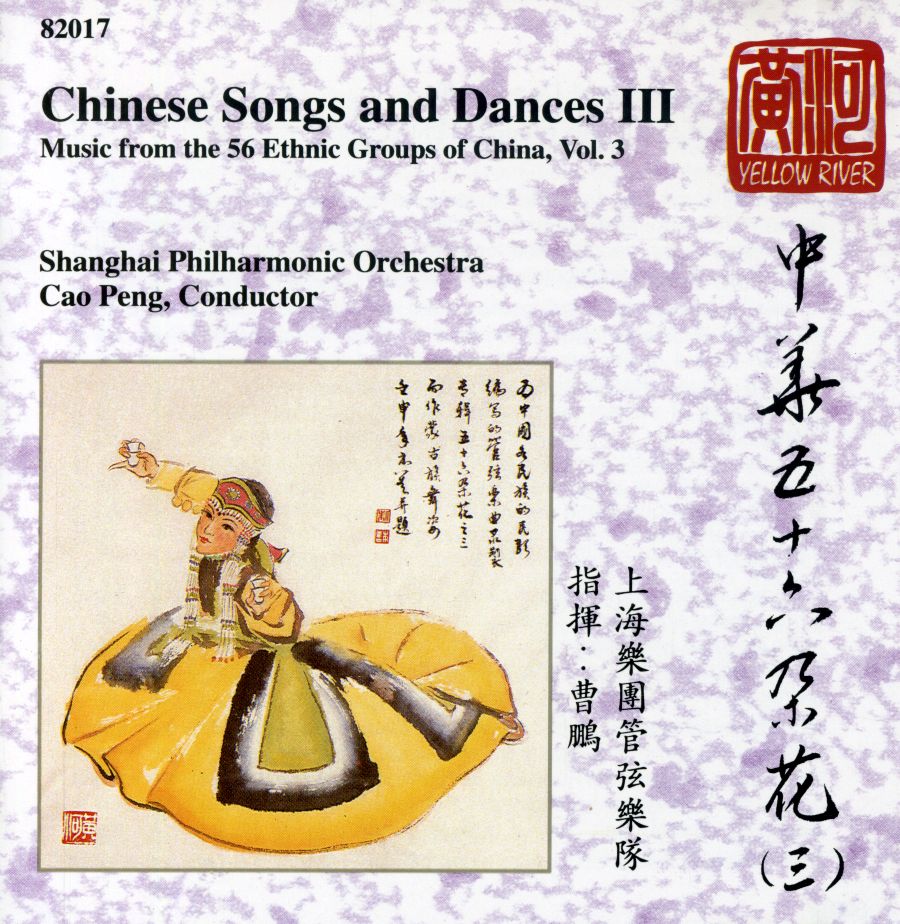
Chatenet, Monique
product information
description
1Funerals were among the most extravagant princely ceremonies in Europe. At the end of the Middle Ages, they were grandiose affairs, carefully recorded, bringing together the emotions of both Court and People. The Renaissance heightened their effect, adding surprising elements borrowed from an Antiquity which was largely re-invented. The seventeenth century introduced ephemeral displays, elaborately constructed castrum doloris, dressed up with lavish facades and interior designs which transformed these sanctuaries into theatrical funeral pyres. Historians, anthropologists, and political scientists have long been interested in this subject, as can be seen from Ralph Giesey's celebrated work Le Roi est mort. Art historians have been attracted to the surviving decorations of tombs and funerary chapels. Yet historians of spectacle and of its ephemera have, hitherto, somewhat neglected a topic which is - nonetheless - at the heart of their concerns: with their elaborate settings, their costumes and decors, princely funerals challenge theatre and opera. It is within this context that experts from many disciplines attempt to trace the evolution of funeral ceremonies, which were much less static than is generally believed; to expose the gifts of the masters of these solemn occasions (and, indeed, of their predecessors, the heralds) who constantly devised subtle ways of capturing the attention of spectators and moving their emotions. These essays have tried to cover not only a wide time spectrum but also to reveal the variety and range of such ceremonies devised in diverse European Courts as well as unravelling the innovations which underlay fashions which had multiple international repercussions. Featuring contributions by: Monique Chatenet, Murielle Gaude-Ferragu, Gerard Sabatier, Agostino Paracivini_Bagliani, Alain Marchandisse, Joel Burden, Mickael Boytsov, Maria Nadia Covini, Eva Pibiri, Marie-Madeleine Fontaine, Giovanni Ricci, Gerard Sabatier, Maria Adelaida Allo Manero, Naima Ghermani, Birgitte B. Johannsen.
member goods
No member items were found under this heading.
notems store
Return Policy
All sales are final
Shipping
No special shipping considerations available.
Shipping fees determined at checkout.







